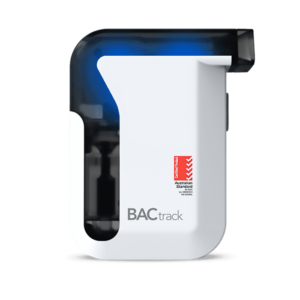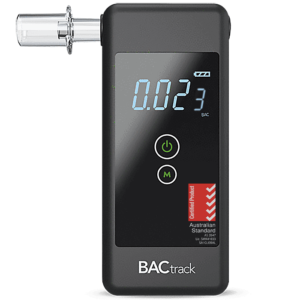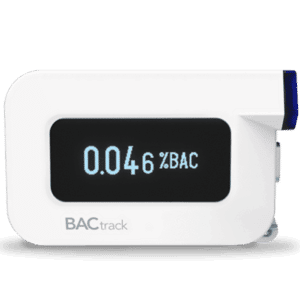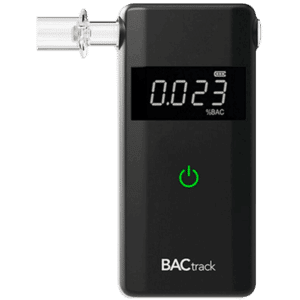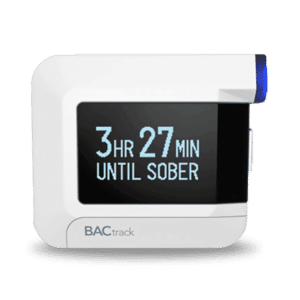Fair Work Drug and Alcohol Policy: Aspects To Include
16 November, 2023
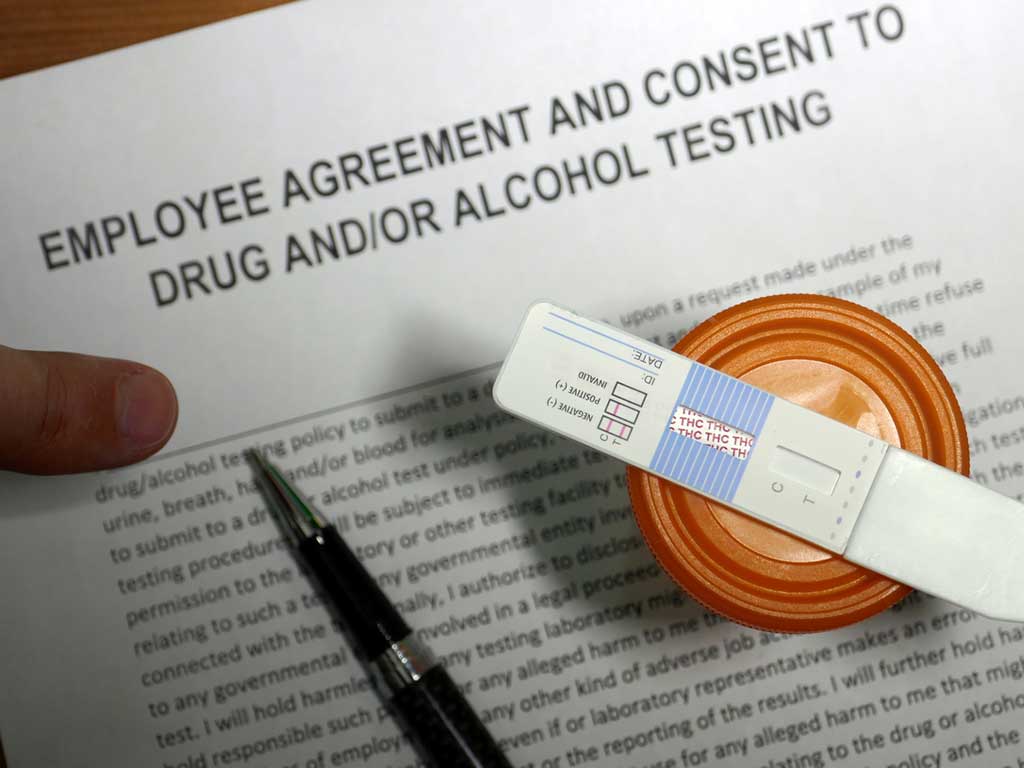
Maintaining a productive and safe workplace is crucial. One key outlook of this is implementing a company policy relating to alcohol consumption and misuse of drugs. However, there are several important aspects to consider when creating a fair work drug and alcohol policy. It includes clear guidelines for prohibited illicit substances and the expectations for acceptable behaviour. Accordingly, it may incorporate procedural fairness, methods of testing, disciplinary measures, and support.
The issue of illicit drugs and the influence of alcohol in the workplace is a complex one. This is crucial, particularly for sensitive industries or high-risk workplaces with critical positions. Fortunately, employers may create policies relating to substance abuse. This guideline must strike a balance between protection and the right to fair treatment. The following sections will present the objectives and goals of the policy, the types of testing, and what to expect after a positive result.
Fair Work Drug and Alcohol Policy: Objectives and Goals
The objectives and goals of fair work drug and alcohol policy are important for any organisation. One of the main aims is to maintain workplace safety and productivity. This helps to minimise workplace accidents and ensures that everyone can perform their job to the best of their ability. Such act is vital for safety-critical positions like the construction industry, air traffic controllers, or train drivers.
By addressing illegal drugs and alcohol misuse, the policy seeks to support the overall well-being of workers. This may include providing access to counselling or other support services. Also, the guideline aims to ensure that the organisation complies with all relevant laws and regulations. This helps to protect both the employees and the organisation from potential legal issues.
The policy sets clear expectations for employees. This promotes accountability and helps to maintain a professional and respectful work environment for everyone. Accordingly, the policy seeks to provide education and training to employees about the potential positive drug and alcohol risks. This helps to raise awareness and promote a culture of well-being in the organisation.
Reasons to Conduct a Test
- Pre-employment – this ensures that the candidate for employment does not engage in substance abuse, which can impair their ability to perform the job safely.
- Random – it serves as a deterrent to employees who may consider using substances while on the job.
- Reasonable suspicion – if an employer has reasonable cause to suspect that a worker is under the influence of substances, they may request a test.
- Post-accident – this is to determine if substances are present at the time of an accident or incident.
- Return-to-duty – it is to ensure that an employee is fit to resume their duties.
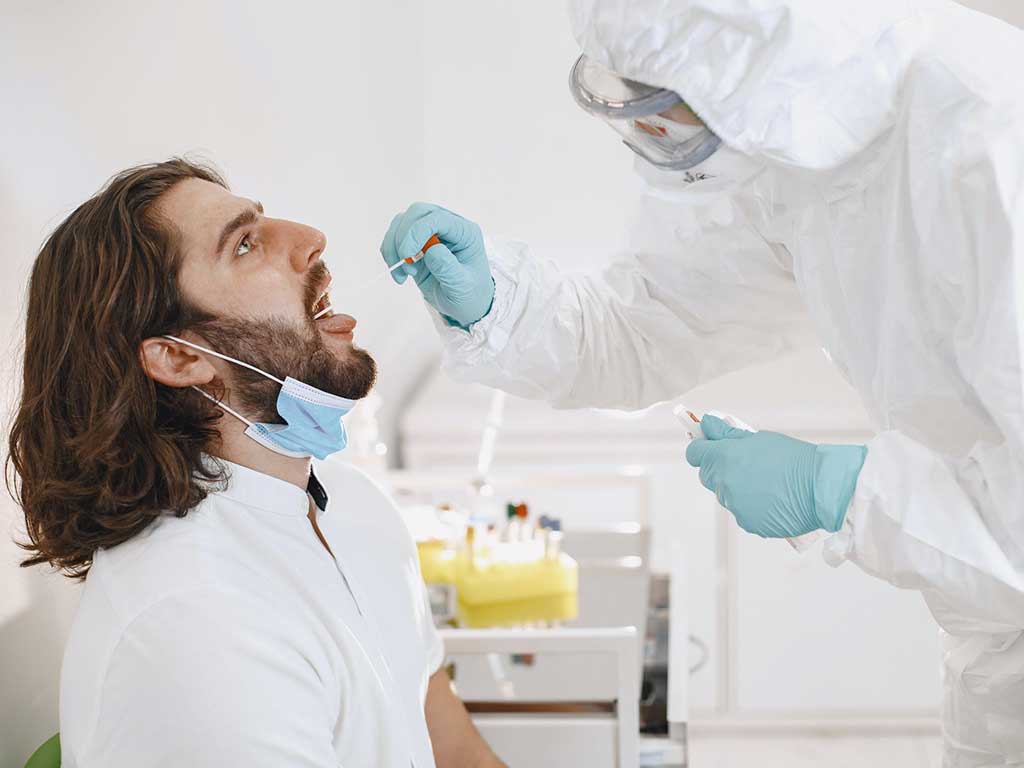
Fair Work Drug and Alcohol Policy: Types of Tests to be Used
There are various testing procedures in a fair work drug and alcohol policy to detect substance abuse among employees. Firstly, oral testing involves collecting saliva samples from a person. This type of test is non-invasive and has a detection window of about 12 hours. Secondly, the common test method is the urine tests. This can detect a wide range of substances within 24 hours after consumption.
Another approach for testing is the blood testing. These tests are highly accurate and can monitor the presence of substances in the bloodstream. However, it is less common as it is invasive due to the drawing of blood. Hair testing is also a method that has the widest detection window of about 90 days. This is particularly useful in post-accident and legal situations.
For alcohol breath testing, a breathalyser device is common. It is an easy way to monitor alcohol consumption and can provide a quick measurement of Blood Alcohol Concentration (BAC). Hence, it is suitable for on-the-spot testing. Nevertheless, each type of testing serves unique purposes and provides different detection times.
Commonly Detected Substances
Many substances can be detected in the testing. One common substance is marijuana. These illegal drugs can impair coordination, decision-making, and reaction time. Another is cocaine which is a powerful stimulant that can cause risk-taking behaviour and physical agitation. The testing can also monitor opioids, including prescription medications. Such drugs can cause drowsiness and confusion.
Some treatments for anxiety and sleep disorders can also be present in the screening. This is due to its effect on dizziness and impaired coordination. Also, the testing can identify the presence of ethanol, which is the active ingredient in most alcoholic drinks.

Fair Work Drug and Alcohol Policy: What to Expect After a Positive Result
If an employee receives a positive result, they can expect fair work drug and alcohol policy to involve several steps. The employers will communicate with the workers professionally and confidentially. It may include details of the specific substances detected and the implications of a positive result. Accordingly, the employee may have the opportunity to discuss the reasons for such a result.
Both parties will then review the guidelines and recognise any breach of policy. This may include a discussion of any disciplinary process or steps in response to the result. In some cases, employers may refer to Employee Assistance Programs (EAPs). These programs can provide support and resources to help the workers address any underlying concerns and make positive changes.
The policy may outline potential disciplinary procedures for a positive test result. This may consist of verbal warnings, written warnings, suspension, or termination, depending on the severity of the situation. In such cases, the policy aims to ensure that employees receive appropriate support while upholding safety and productivity in the workplace.
Confirmatory Testing
In a fair policy, confirmatory testing occurs as additional testing to confirm the accuracy of the result. If initial testing returns positive, the employee will need to undergo a confirmatory testing. This may include providing another sample, which will be sent to a laboratory for thorough assessment. Once the analysis is complete, it will provide a more reliable testing result.
Regardless of the test, the worker may receive additional support and guidance This could include information about available resources for addressing substance abuse issues and assistance. Nevertheless, if confirmation testing is positive, disciplinary action may be established.
Conclusion
The fair work drug and alcohol policy is an essential aspect of any workplace as it ensures the safety and well-being of employees. This policy sets clear guidelines and expectations regarding the use of drugs and alcohol in the workplace, including the consequences for violating these rules. Employers may conduct the test due to several reasons. This may be for the hiring process, randomly, due to reasonable cause, for post-accident, or return to duty.
Accordingly, the company may choose from a wide range of testing methods. It can be with the use of saliva, urine, blood, hair, or a breathalyser for alcohol testing. Such approaches can detect numerous substances, including marijuana, cocaine, opioids, prescription medications, and ethanol. Nevertheless, it is crucial to know what to expect for a positive result. This may involve counselling, rehabilitation programs, warnings, suspension, and even termination of employment.


















